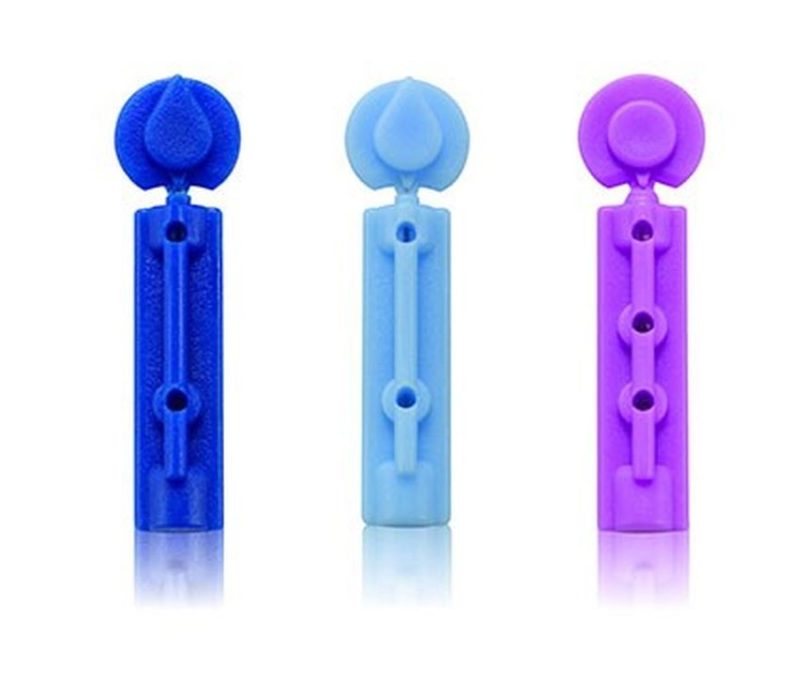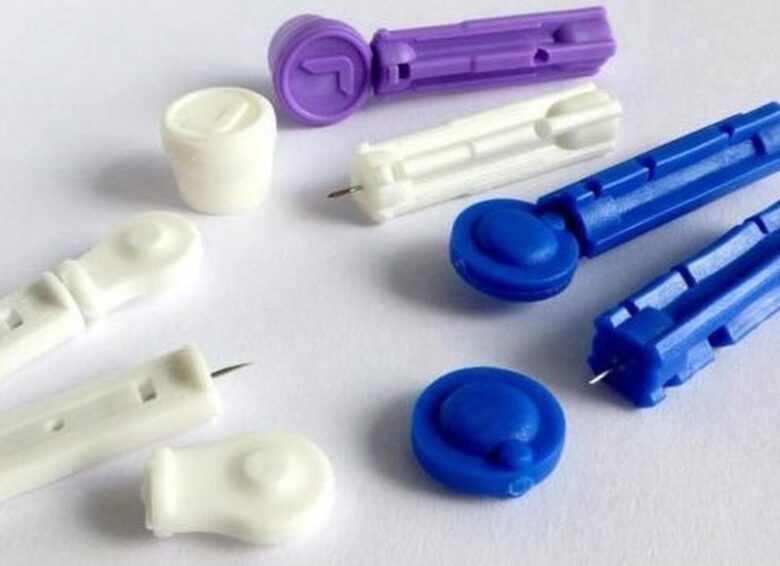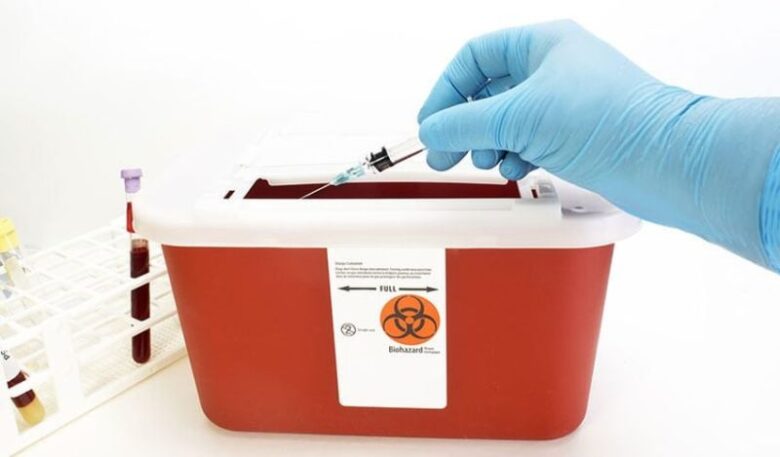Conditions such as diabetes have become more common, such that they require patients to inject themselves with insulin. More than 30 million Americans have diabetes and this number is on the rise. If these people have to inject themselves with insulin, they have to follow specific federal and state regulations for disposing of needles and lancets.
Improper disposal of them and other medical sharps can cause needlestick injuries, especially to garbage collectors. Here is everything you need to know about disposing of these sharp objects properly.

- One-Time Use. Since diabetic supplies are expensive, some people might be tempted to reuse their diabetic syringes and needles. However, most manufacturers and medical experts advise against such behaviors. After the first use, the needle becomes dull, resulting in a painful injection the next time it is reused. Additionally, the needle can lead to dangerous infections that could endanger your health. One-time use leads to patients using several needles per day. As such, you must dispose of lancets properly to reduce injury to yourself and others.
- Keep out of Regular Trash. Whether you live alone or with others, never dispose of lancets in your regular trash or recycle bins. They pose a potential health risk to anyone who accidentally comes into contact with them in your dumpster. One may prick or expose blood to themselves. Additionally, avoid placing sharp or capped into your recycle bin. Caps often fall off and can endanger anyone who comes in contact with the receptacle.
- Container. The best way of disposing of lancets is by using an FDA approved sharps container. You can purchase an FDA approved one from the nearest pharmacy or a medical waste disposal company. If this is not possible, look for a puncture-proof bucket like an old plastic bottle or jar with a tight-fitting lid. The crucial thing is that your needles do not poke a hole or stick out of the bucket. Make sure you mark the container so that nobody opens it or puts their hands inside.
- Avoid Overfilling. Ensure that your waste container does not fill up until lancets are overflowing or sticking out of the top. Know the number of those you put in your waste disposal bucket. When it is about three-quarters full, stop using it, and seal it up. If you continue using a filled container, you may end up sticking yourself.
- Dispose of Container. Once you have stopped using your container, ensure the lid is tight and seal it using duct tape. If you do not have a medical waste disposal company in your area, contact your local health department to find out their drop off sites. You can also speak to your doctor to advise you on where to dispose of your lancets. Additionally, you can visit PipLancets.com for a safe solution for your diabetic needles.

When it comes to treating conditions such as diabetes, you must dispose of your lancets correctly. Follow these steps and speak to your doctor in case you have any questions.


